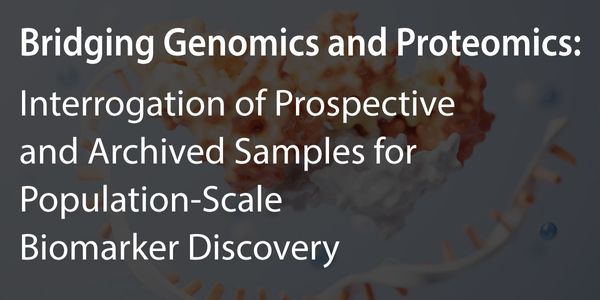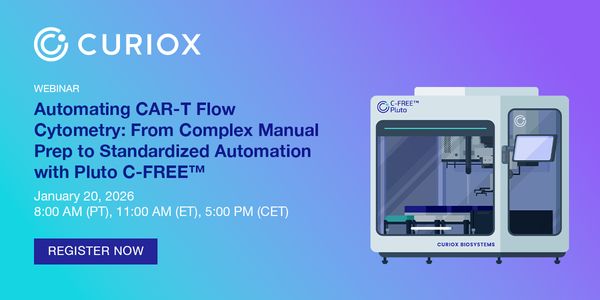Comprehensive Chromosome Screening in the Human Embryo
-
Nathan R Treff, PhD
Director of Molecular BiologyResearch, Reproductive Medicine Associatesof New Jersey, Associate Professor, Department of Obstetrics, Gynecology,and Reproductive Sciences, UMDNJ-Robert Wood JoBIOGRAPHY
The human species is particularly prone to chromosome segregation errors during maternal meiosis in the egg and during post zygotic mitosis in the preimplantation embryo. In fact, aneuploidy represents the most common genetic abnormality in humans, and is the primary cause of infertility, affecting 1 in 6 couples. Despite the extremely limited amount of DNA available from a human embryo, development of genetic technologies, such as qPCR and next generation sequencing, now allow accurate and effective analysis of the copy number of all 24 chromosomes in preimplantation stage human embryos produced during in vitro fertilization (IVF). Selection of chromosomally normal embryos improves the efficacy of single embryo transfer, eliminating the primary complication of IVF (multiple gestations), and improves the success of treating infertility. This presentation will detail the development, validation, and future directions of new human embryo comprehensive chromosome screening technologies.
Comprehensive Chromosome Screening in the Human Embryo
Please update your information
Certificate of Participation
DOWNLOAD CERTIFICATE






